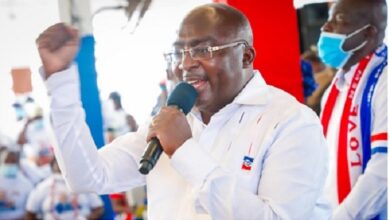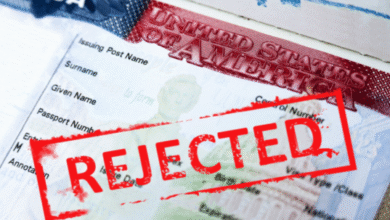News
Video : UCC Student Devastated Over End Of Sem Results

As the popular saying goes , “it’s either you finish the school or the school finishes you” .
In this case , the latter seems to have occurred as a UCC student (female) becomes completely devastated over her end of sem results .
Video below :




